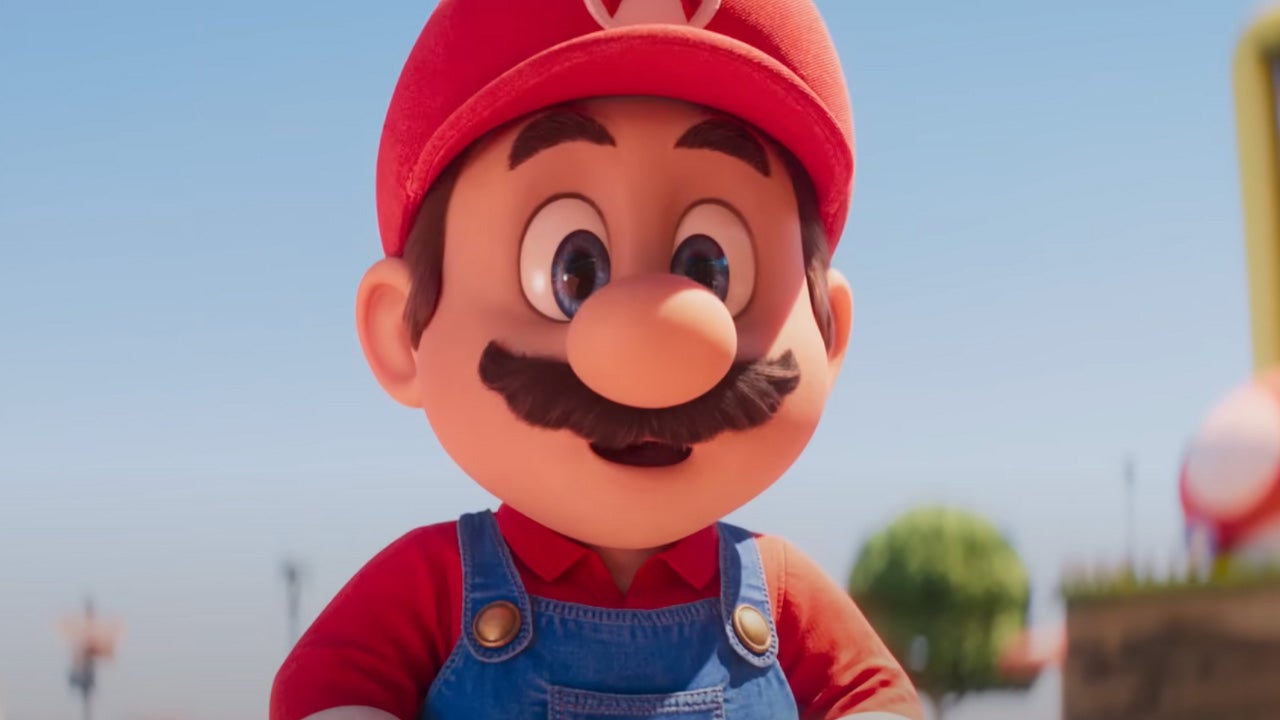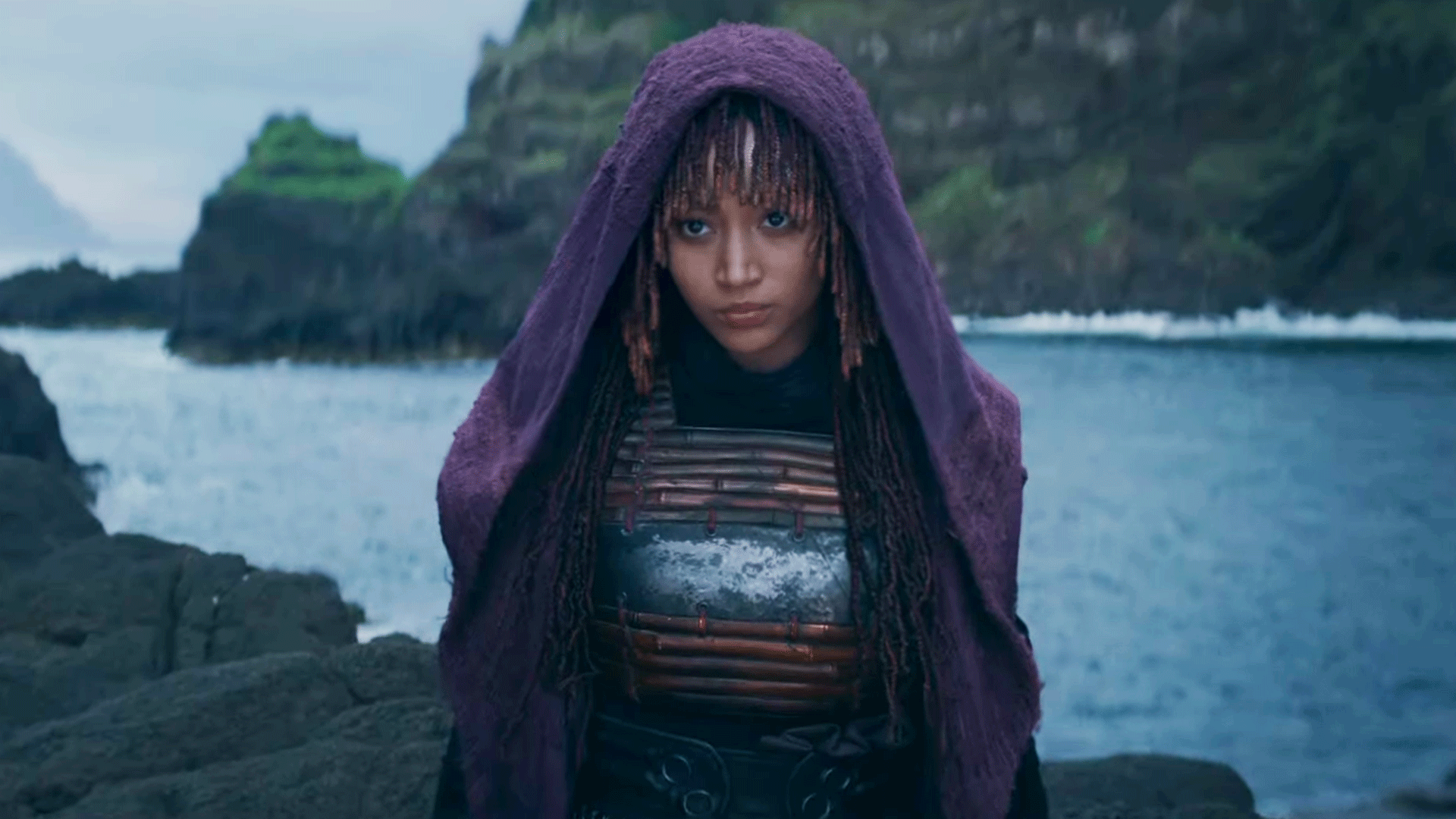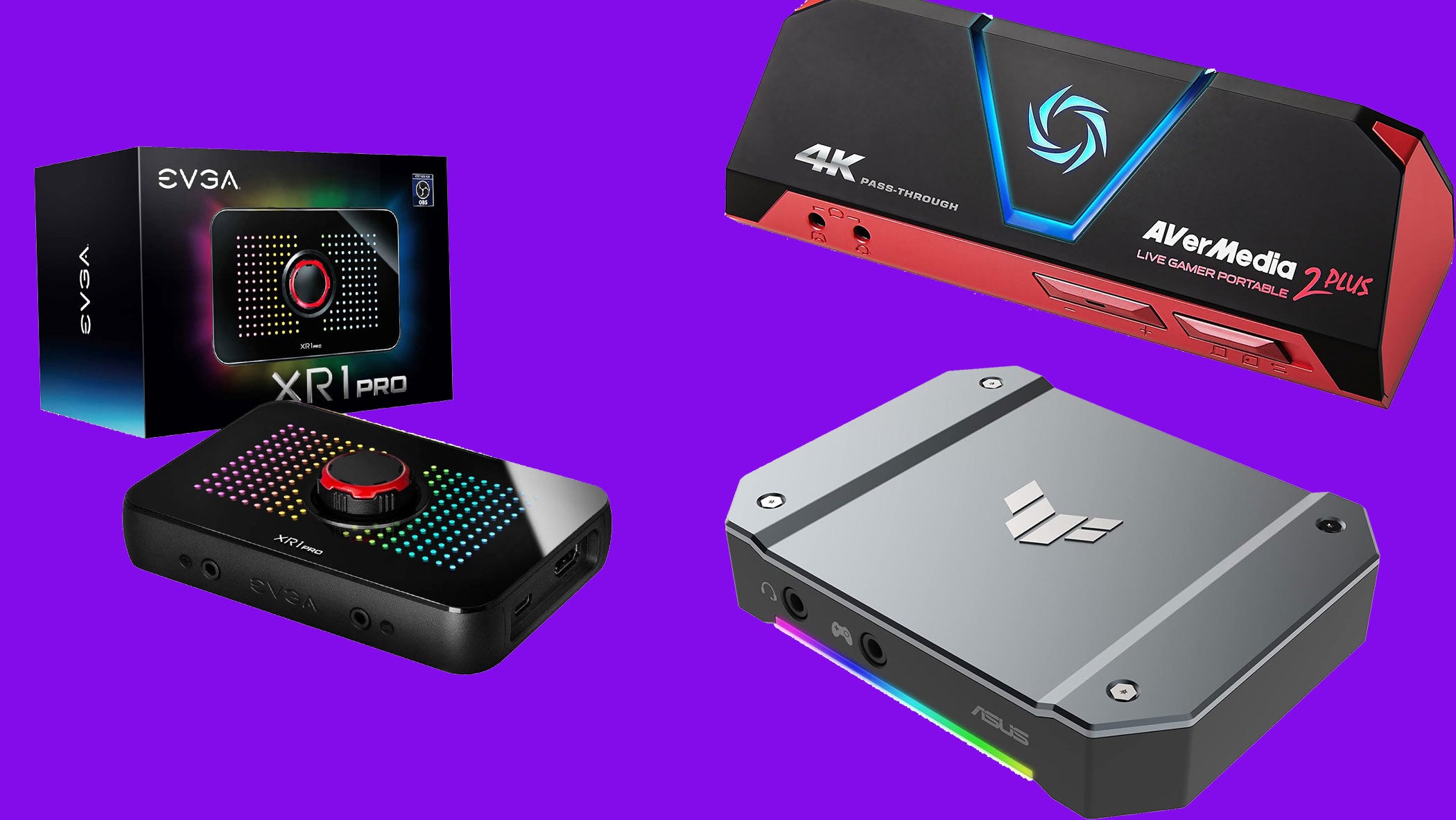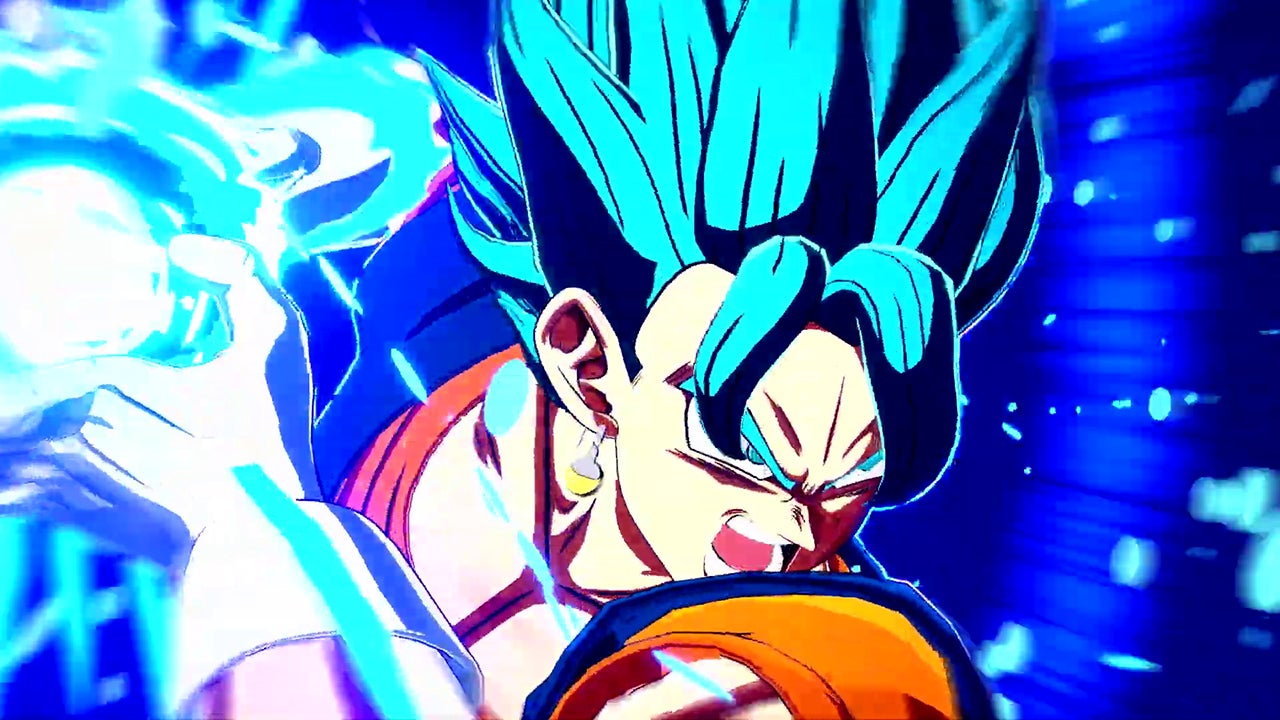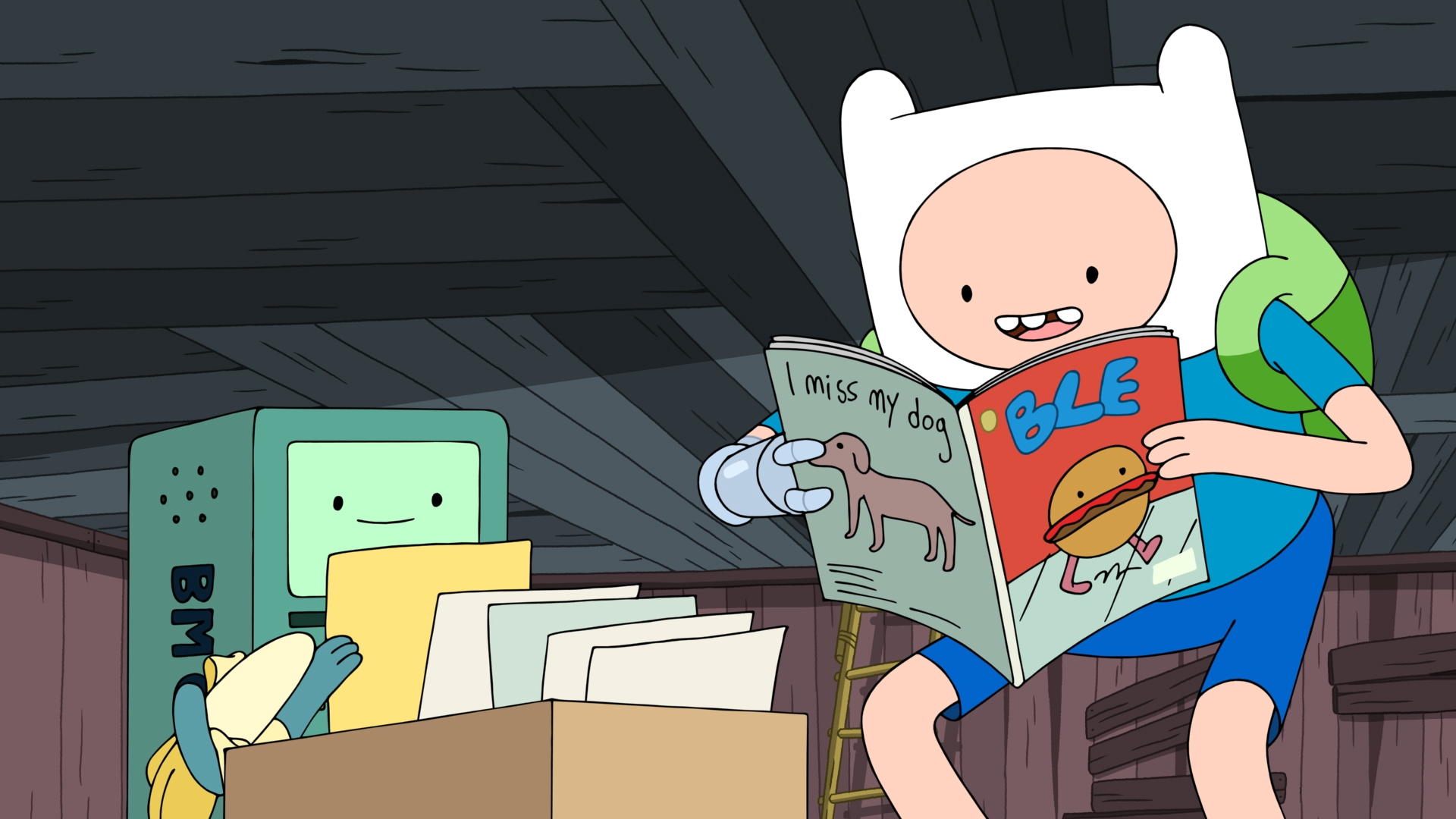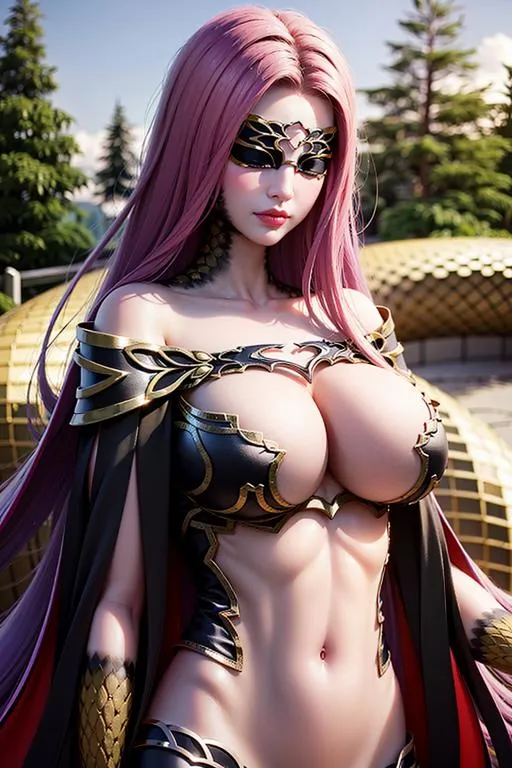The alleged Nintendo Switch modder who refused to shut down their business despite a warning from Mario maker Nintendo now appears to be taking the titan on in court without a lawyer.
As reported by Torrent Freak, Ryan Daly, the alleged owner of modding company Modded Hardware, has denied any wrongdoing in court — even that he owns and operates the business at all.
Nintendo filed a lawsuit against Modded Hardware in July, alleging it "not only offers the hardware and firmware to create and play pirated games" but also provides "customers with copies of pirated Nintendo games."
Daly mostly responded to the lawsuit's claims by saying "denied" and otherwise claimed he lacked "sufficient information to either admit or deny the allegations." His defenses include fair use, invalid copyrights, a lack of standing, fraudulent inducement, an arbitration clause, failure to state a claim, and unjust enrichment.
The lawsuit will now move forward to the discovery process where the likes of depositions, requests for documents, and so on will take place. The Modded Hardware website has now been made private, with users requiring a password to access it.
Nintendo taking legal action over copyright complaints isn't uncommon, but the allegations against Modded Hardware have sparked a particularly unusual saga. According to the lawsuit, Nintendo offered Daly an opportunity to walk away in March 2024, and both parties at the time agreed that Modded Hardware's business would stop.
But it continued to operate as normal, and a final warning in May 2024 allegedly didn't go anywhere either. As a result, Nintendo filed a lawsuit with a federal court in Seattle, Washington seeking an immediate closure of Modded Hardware and damages.
"Typically, when a customer purchases a hacked console or the circumvention services, Defendant preinstalls on the console a portfolio of ready-to-play pirated games, including some of Nintendo’s most popular titles such as its Super Mario, The Legend of Zelda, and Metroid games," Nintendo's lawsuit claimed.
"Indeed, because pirated Nintendo Switch games cannot be used or created without a hacked console and related software and hardware, it is only because of products and services such as those sold by Defendant that illegal marketplaces distributing pirated games exist and thrive."
The other lawsuits usually fall in favor of Nintendo, and that's when there are qualified lawyers working against them. A takedown request in May 2024 saw it target 8,500 copies of Switch emulator Yuzu after the emulator itself was taken down two months prior. Its initial lawsuit against creator Tropic Haze said the $70 game The Legend of Zelda: Tears of the Kingdom, Nintendo's premiere video game release of 2023, had been pirated one million times before it was even released.
Other successful lawsuits include those against game file sharing website RomUniverse, which was ordered to pay $2.1 million in damages to Nintendo in 2021, while a similar case saw it receive more than $12 million in damages in 2018. It also blocked GameCube and Wii emulator Dolphin from releasing on PC game platform Steam.
The video game industry is currently waiting with bated breath for the result of perhaps the biggest of all these lawsuits, however, as Nintendo sued Palworld developer Pocketpair in September. The open world survival game dubbed "Pokémon with guns" by fans has long drawn comparisons to the iconic Nintendo franchise, but it's taken several months for Nintendo to take action.
Ryan Dinsdale is an IGN freelance reporter. He'll talk about The Witcher all day.
